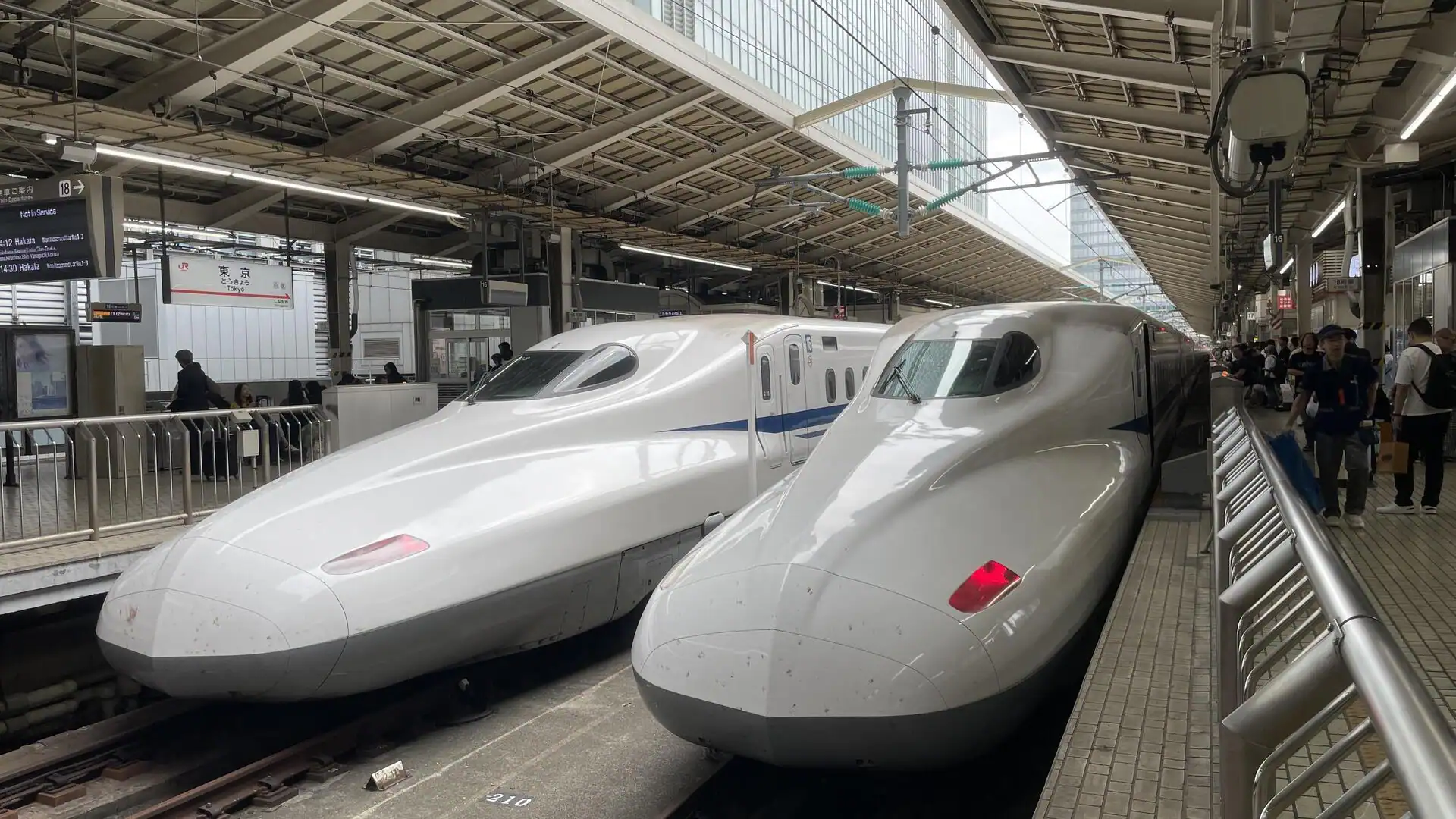Maharashtra Chief Minister Devendra Fadnavis has announced that the much-anticipated Mumbai–Ahmedabad bullet train will be operational by 2028.
The ambitious project, pegged at $15 billion (approximately ₹1.25 lakh crore), is a cornerstone of India’s foray into high-speed rail transit, linking two major financial centres through a 508-kilometre corridor. Speaking at an industry conference in Mumbai on April 28, the Chief Minister acknowledged that Gujarat has outpaced Maharashtra in implementing the bullet train project but affirmed that momentum in the state has now picked up pace. “By 2028, we will be able to travel on the bullet train,” he said, underlining renewed commitment to the timeline following earlier administrative delays.
The National High-Speed Rail Corporation Limited (NHSRCL), the implementing agency, has confirmed that around 75 percent of the excavation work at the key Bandra Kurla Complex (BKC) station — the only underground terminal on the route — has been completed. The BKC station alone requires an estimated 18.7 lakh cubic metres of earthwork, of which about 14 lakh cubic metres have already been excavated. This 12-station corridor is being hailed not just as a high-speed transport upgrade but as a broader stimulus to regional economic connectivity, decarbonisation of intercity travel, and urban decongestion. Stations in Maharashtra will include Thane, Virar, and Boisar, while Gujarat will host major nodes in Surat, Vadodara, and Ahmedabad.
The Chief Minister did not shy away from criticising the earlier Uddhav Thackeray-led administration, blaming the prior government’s alleged lack of urgency for project delays. He stated that since the political change in 2022, the project has seen tangible acceleration. In the same forum, Fadnavis outlined Maharashtra’s plans to mobilise $50 billion in international capital over the coming four months for various infrastructure projects. These include the Shaktipeeth highway connecting Nagpur and Goa, the Nashik–Vadhavan port highway, and the Vadhavan deep-sea port project, which will also feature an adjacent airport constructed via coastal land reclamation. He said the port could be operational within the next three to four years, reducing logistics costs and easing cargo flow away from the already-burdened JNPA in Navi Mumbai.
As India positions itself on the global map of sustainable and smart infrastructure, the bullet train corridor is more than a high-speed commute—it represents a strategic economic lifeline. With its focus on speed, efficiency, and green mobility, the project reflects the country’s aspirations for a modern, interconnected, and environmentally resilient transport ecosystem.
Also Read: https://urbanacres.in/aaditya-thackeray-urges-delay-in-elphinstone-bridge-demolition/


